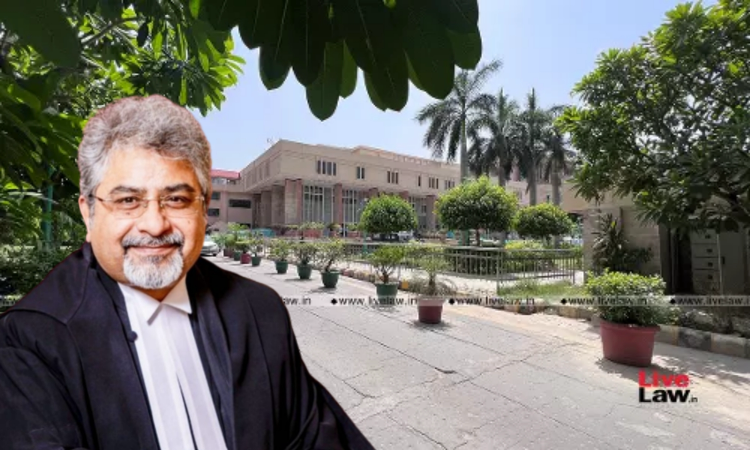- Home
- /
- High Courts
- /
- Delhi High Court
- /
- No Blanket Rule That Litigant Won't...
No Blanket Rule That Litigant Won't Suffer For Counsel's Negligence: Delhi High Court
LIVELAW NEWS NETWORK
12 Oct 2025 10:05 AM IST
The Delhi High Court has made it clear that while it is often held that a litigant should not be made to suffer the consequences of his counsel's negligence, the same is not an absolute rule.Justice Girish Kathpalia observed that Courts must examine the overall facts and circumstances of the case otherwise, for every failure, every counsel would blame the previous counsel.In the case at...
The Delhi High Court has made it clear that while it is often held that a litigant should not be made to suffer the consequences of his counsel's negligence, the same is not an absolute rule.
Justice Girish Kathpalia observed that Courts must examine the overall facts and circumstances of the case otherwise, for every failure, every counsel would blame the previous counsel.
In the case at hand, Petitioner sought condonation of delay of six years in filing a written statement in a suit filed against him.
Petitioner contended that his previous counsel did not file Written Statement in time and for the fault of the counsel, he should not be made to suffer.
Denying relief, the High Court observed,
“There is no blanket rule that for negligence or misconduct of the counsel, the litigant would not suffer…Otherwise, for every failure, every counsel would blame the previous counsel.”
In the present case, the Court noted that the litigant was served summons back in 2019 and it is not that he was illiterate or unaware of the requirement to file Written Statement.
“The summons, which were admittedly received by the petitioner/defendant on 25.09.2019 categorically informed in English and Hindi that he had to file Written Statement within the period of 30 days, so it cannot be believed that for six years, the petitioner/defendant was not aware that he had to file Written Statement in time. There is also not even a whisper disclosing as to when the petitioner/defendant realised his default as regards filing of the Written Statement,” said the Court.
More significantly, the Court noted that after service of summons, the Petitioner had filed an application for rejection of the plaint. Thus, it was of the view that if the petitioner could file those pleadings, nothing prevented him from filing the Written Statement.
As such, the Court upheld the trial court order closing Petitioner's right to file written statement.
Appearance: Ms. Sangeeta Chandra, DHCLSC with petitioner in person.
Case title: Taranjeet Singh Kohli v. Kawaljeet Kaur Kohli
Case no.: CM(M) 1961/2025



